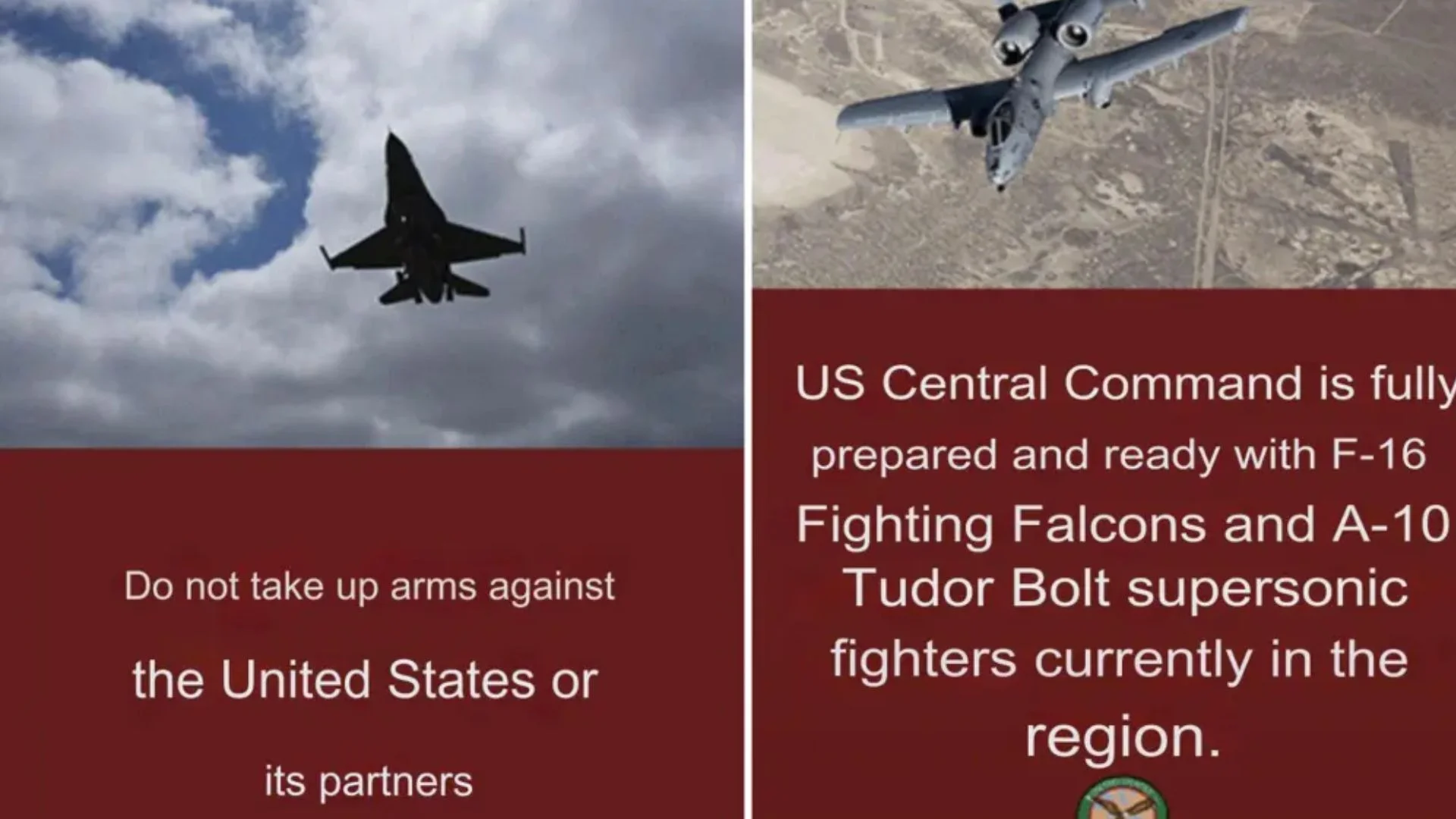
In an unconventional move, the US military issued a stark warning to Iran and its proxy terror groups, cautioning them against taking up arms against America and its allies. The message was broadcast through Tinder, a popular dating app, and was reported by The Washington Post. The profiles, written in Arabic, emphasized that the US “will protect its partners in the face of threats from the Iranian regime and its proxies,” accompanied by images of US warplanes.
The decision to use Tinder—a platform known for casual dating rather than political messaging—left many stunned. The app, famous for its “swipe right” and “swipe left” functions, became an unlikely venue for military communication. A US official, speaking to the Post, confirmed that the advertisement originated from CENTCOM, the United States Central Command.
The ad also caught the attention of Séamus Malekafzali, a freelance writer based in Lebanon, who posted on X (formerly Twitter) about encountering the CENTCOM message on Tinder. The post read, “Opened Tinder in Lebanon. Was greeted by an ad from CENTCOM saying in Arabic, ‘Do not take arms against the US and its partners,’ that F-16s and A-10s are already prepared, and that the US will ‘protect its partners in the face of threats from the Iranian regime and its agents.'”
Following inquiries from The Washington Post, Tinder quickly removed the advertisement, stating it violated the company’s policies on violence and political messaging. A defense official clarified that the Department of Defense conducts military information operations in line with national security priorities and within the boundaries of US law and DOD policy.
The military’s choice of platform has sparked criticism from officials and academics, who argued that Tinder was an ineffective way to reach the intended audience. Some labeled the effort as “an unforced error or laziness.” Despite the backlash, the message sent a clear warning to Iran amid ongoing tensions, particularly regarding Iran’s threats against Israel following the killing of Hamas leader Ismail Haniyeh, an incident Israel has neither confirmed nor denied.















